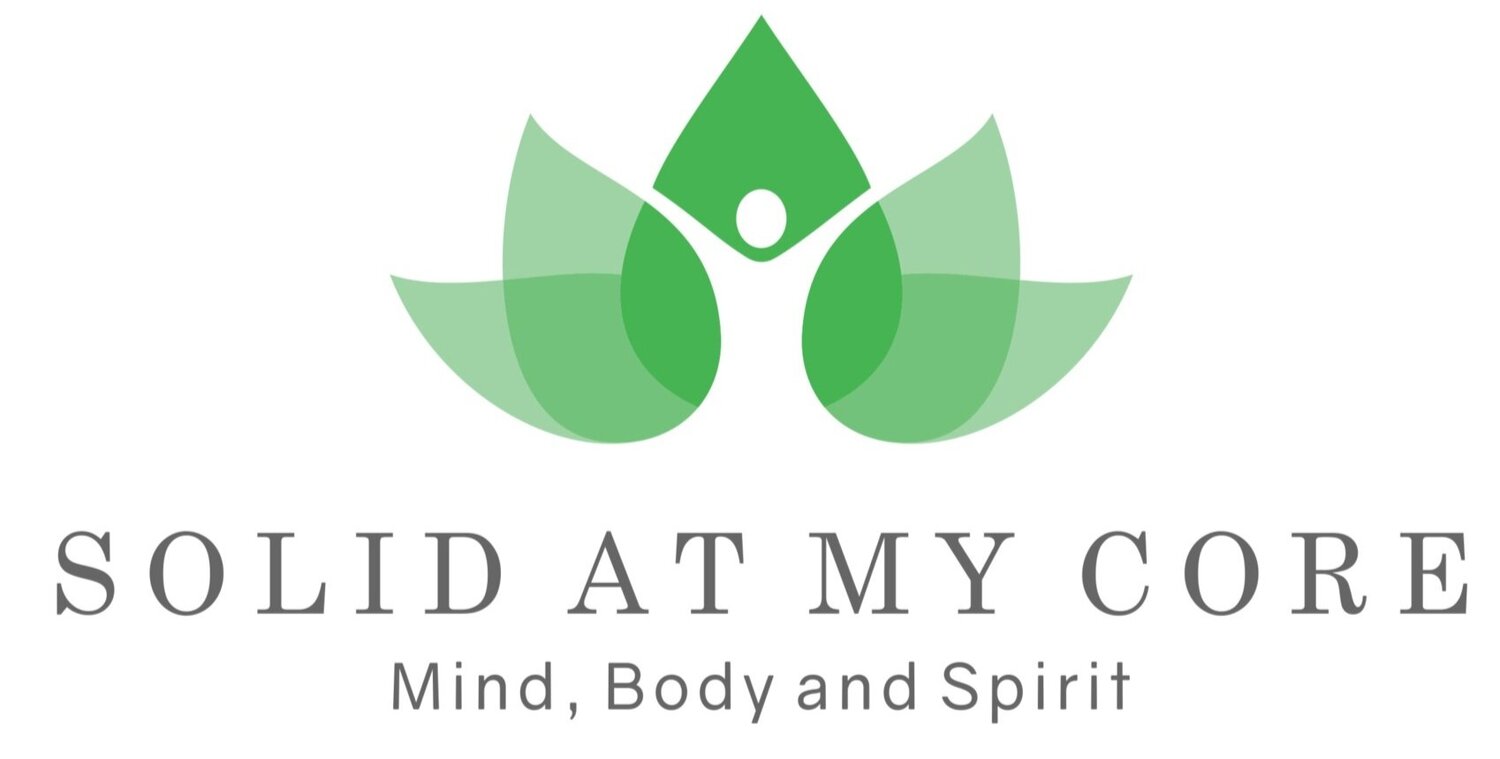We’ve all been guilty of eating too quickly by grabbing a quick bite between meetings, scarfing down dinner while scrolling on our phones, or barely pausing between forkfuls. But have you ever stopped to think about how chewing, something so basic, so automatic, might be impacting your digestion?
Unlock Your Path to FASTER Fat Loss
How we eat is just as important as what we eat. Chewing isn’t just the first step in digestion; it sets the tone for everything that follows. Let’s break down why slowing down and chewing properly can transform not only your digestion but how you feel after a meal.
1. Chewing Prepares Your Digestive System
Digestion doesn’t start in your stomach; it begins in your mouth. Chewing signals your body that food is coming, kicking off a cascade of processes to help you break down and absorb nutrients.
Your saliva contains enzymes like amylase, which start breaking down carbohydrates, and lipase, which begins digesting fats. The more you chew, the more time these enzymes have to do their job, reducing the workload on your stomach and intestines.
If you swallow large chunks of food, your stomach has to work harder to break them down, which can lead to bloating, gas, or discomfort. Think of chewing as giving your digestive system a head start.
2. Chewing Promotes Mindful Eating
When you rush through a meal, it’s easy to overeat because your brain doesn’t have time to catch up with your stomach. Chewing forces you to slow down, giving your body a chance to signal when it’s full.
It takes about 20 minutes for your brain to register fullness. By chewing thoroughly and eating slowly, you’re less likely to eat past the point of comfort. Put your fork down between bites and aim to chew each bite 20-30 times. At first, this might feel excessive, but it’s a game-changer for both digestion and portion control.
3. Chewing Helps You Absorb More Nutrients
Your body relies on nutrients from food to function, but poorly chewed food can mean poorly absorbed nutrients. The smaller the food particles, the easier it is for your digestive enzymes to access and break down nutrients.
If food isn’t broken down enough in your mouth, your stomach and intestines might not extract all the vitamins, minerals, and amino acids it contains. Over time, this can leave you undernourished, even if you’re eating healthy foods. Think of chewing as the first step in maximizing the value of your meals. The better you chew, the more nutrition you get from every bite.
4. Chewing Supports Gut Health
Your gut microbiome—those trillions of bacteria that live in your digestive tract—relies on well-digested food to thrive. When food enters your digestive system in large chunks, it can ferment, creating gas and discomfort.
Undigested food can feed harmful bacteria, throwing your microbiome out of balance. Chewing thoroughly ensures that your gut bacteria are fed the nutrients they need to keep your digestion smooth and your immune system strong. Pay attention to how your stomach feels after a meal. If bloating or cramping is common, try focusing on chewing more thoroughly and see if it helps.
5. Chewing Reduces Digestive Stress
When you skip thorough chewing, your stomach and intestines take on extra work. This can lead to symptoms like indigestion, heartburn, or fatigue after eating. Proper chewing gives your body a break, allowing it to process food more efficiently.
Digestion takes a significant amount of energy. By lightening the load with better chewing, you conserve energy for the rest of your day. Treat mealtime as an intentional act. Sit down, take a deep breath, and focus on your food. Even if you only have 15 minutes, chewing properly can make a world of difference.
6. Chewing Enhances the Enjoyment of Food
When was the last time you truly tasted your food? Chewing more slowly allows you to savor the flavors, textures, and aromas of each bite. This simple act can transform eating from a rushed necessity into a moment of pleasure and connection.
Enjoying your meals more can reduce stress and help you feel more satisfied. When eating becomes an intentional act, you’re less likely to reach for snacks out of boredom or habit. Start small by pausing to notice the texture and flavor of your food. Ask yourself: What does this bite taste like? How does it feel in my mouth?
Chewing might not seem like a groundbreaking habit, but it’s one of the simplest and most powerful ways to improve your digestion and overall health. By slowing down and being intentional with how you eat, you’re not just supporting your gut—you’re creating space to truly nourish your body and mind.
Next time you sit down for a meal, make chewing a focus. It might feel strange at first, but over time, you’ll notice the difference—in how your stomach feels, in how much energy you have, and even in how much more you enjoy your meals.



